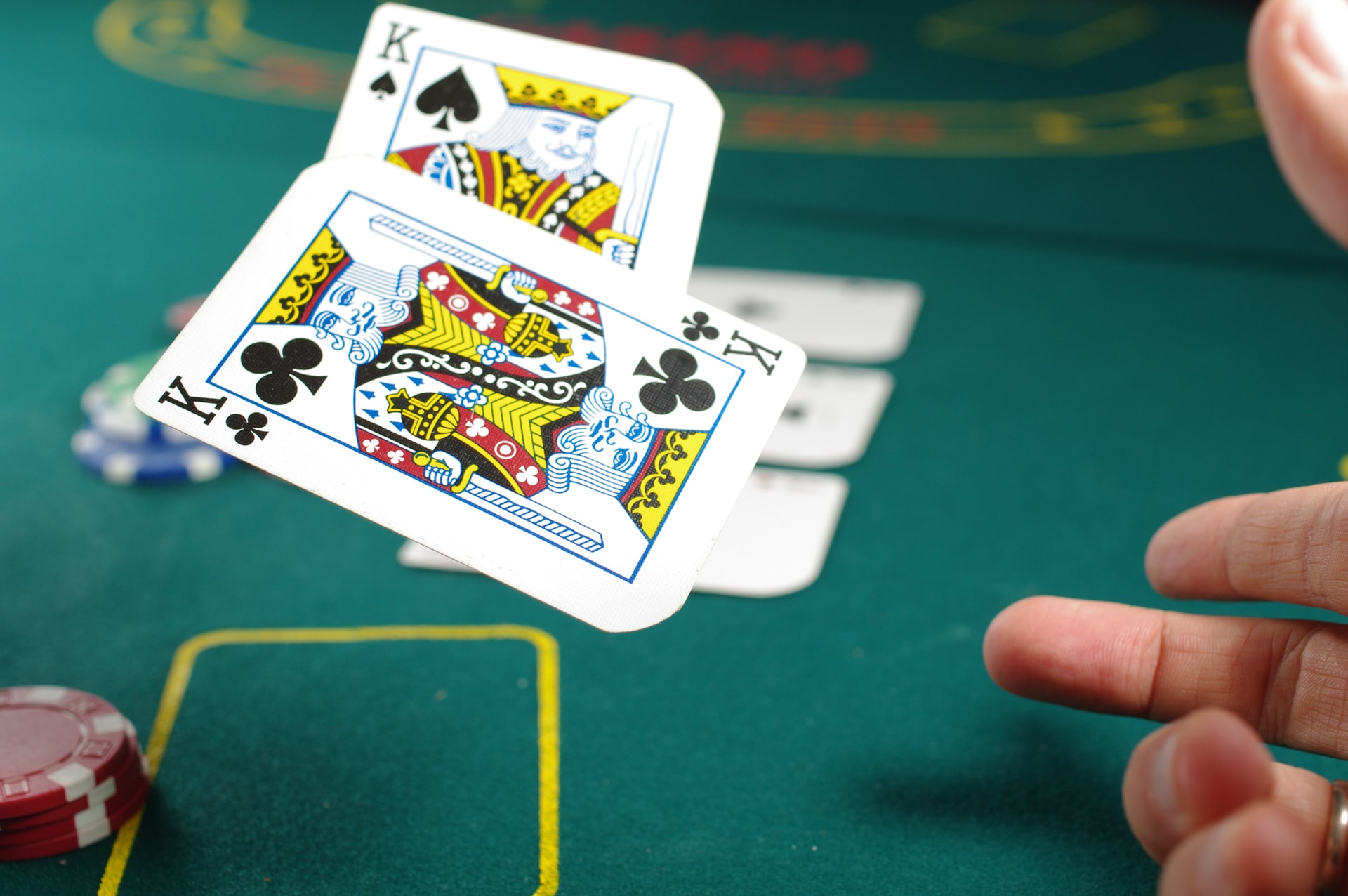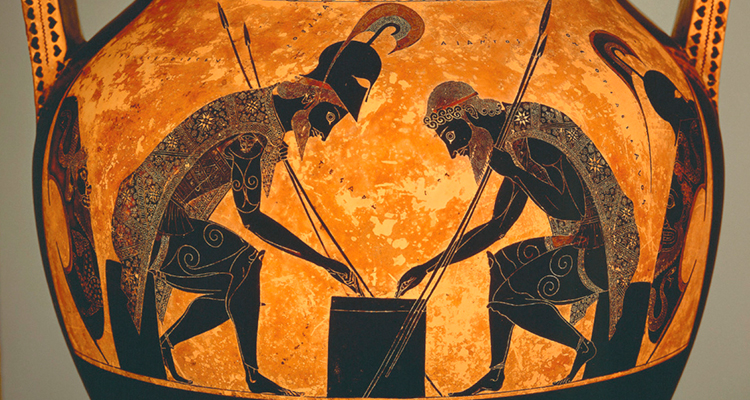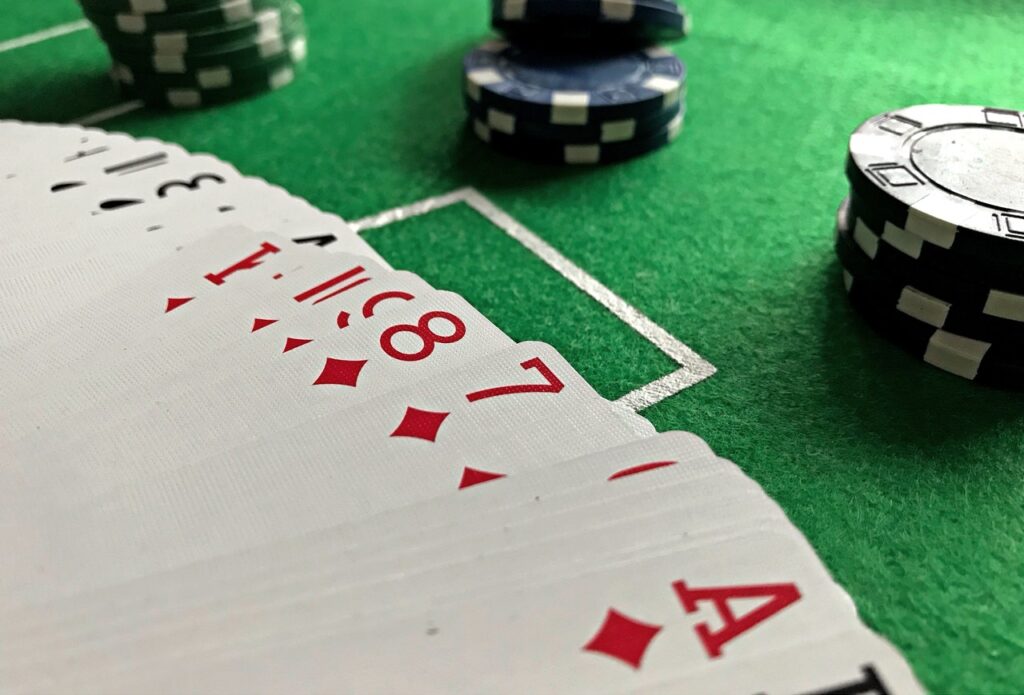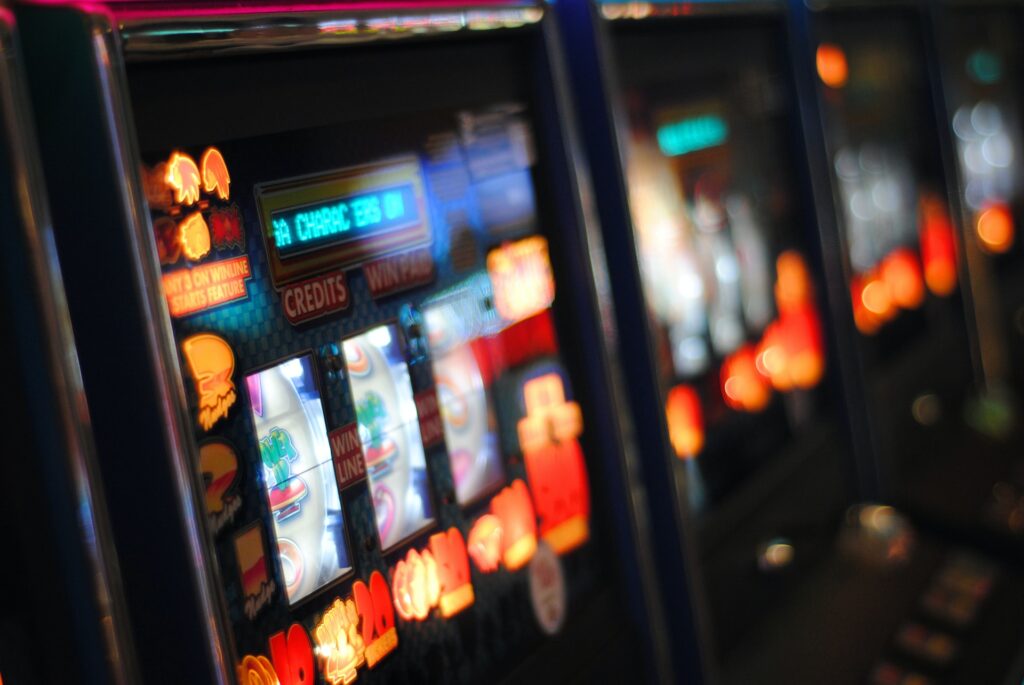
Who Invented Gambling? A Brief History
For something to be considered gambling, three elements must be present: consideration (the wager), risk (chance), and a prize.
Historians believe that humans have been gambling since the beginning of our history. Gambling may have even been a large part of the earliest bartering systems. Evidence of gambling long predates written history.
In this article, we are going to look at the earliest records of gambling we have. As well as, exploring the evolution of casinos and gambling machines.
The beginnings of gambling

Historians believe that gambling may date back to the very birth of human civilization. It is something we all seem naturally drawn to. There may have been some evolutionary benefit to gambling and making bets with others.
However, the earliest evidence we have of gambling comes from Mesopotamia. Archaeologists found sets of six sided dice that dated from around 3000 BCE. They also noted that these dice were clearly based on Astragali found in the area. These bones were thousands of years older than the dice.
Both the dice and the bones are much older than any written records we have so we do not know what kind of gambling they were used for.
Jumping forward 1500 years and gambling houses are incredibly popular and widespread across China. They attracted patrons of all classes. Wrestling and animal fighting were the main draws of these houses at first.
In the 9th-century playing cards were introduced in China. Then Lotto and Dominos were introduced in the 10th-century.
The earliest records of gambling in Japan come from the 14th-century. Although historians think that people were gambling a lot earlier than this in the country.
Poker gained popularity in the USA during the 17th-century. The card game was derived from the Persian game As-Nas and is now one of the most popular gambling card games.
In the UK they liked to bet on races and events. In the early days, they betted on fighters, dog fights, and cockfights. In the 18th-century, horse racing grew in popularity. It is still incredibly popular for betting on, alongside Soccer.
Gambling and the law

Gambling had many run-ins with the law in Europe. Particularly, after Christianity spread across the continent. Both Catholicism and Protestantism tried to ban gambling in multiple countries right up until the 19th century.
In England, gambling was completely banned multiple times. The country now has some of the most lenient gambling laws in the world.
In the 20th century, gambling was outlawed in America.
Why? Not for the reason, you might expect.
Gambling was banned because of its ties with the Mafia and other members of the criminal underworld. Vast amounts of money were being laundered through gambling companies, so the activity was banned in the hope that it would cripple the criminal organizations.
History of casinos

Gambling houses have existed for thousands of years. They were popular in most ancient civilizations, including Ancient Greek and Ancient China.
The earliest forms of casinos in the West were called Ridottos and the first one was opened in 1638 in Venice, Italy.
The first Ridottos (which means private room in Italian) was formed in the West Wing of the Palazzo Dandolo and was a state-owned gambling house. To participate in the games, one had to wear a mask and a three-point hat. There were two types of games available. One was an early form of bingo and the other was a mixture of Black Jack and Gin Rummy.
Players could win 60x their original bet and the house took a 10% cut of all the money that was paid in if the jackpot was one. In the late 16th-century, the Ridottos were shut down because they were seen as too perverse.
The early versions of casinos in America were known as Saloons. The earliest Saloons were inspired by America’s four major cities at the time – New Orleans, St. Louis, Chicago, and San Francisco.
Saloons created a place where tired travelers could eat, drink, and meet new people. The saloons made the majority of their money through their gambling activities. These saloons died out once gambling was made illegal.
Casinos didn’t reappear in the USA until 1939 when Nervana legalized gambling across their state. This is where the first legal casino was established in the USA. If you were ever wondering why the gambling capital of the US is in the middle of a desert, that is why.
In the ’90s, the first online casino was launched. Users were initially very wary as there was no way to verify if the house was cheating. Soon, laws were brought in across the world to keep online casinos as fair as traditional ones. Visit this site to try a great online casino.
Around the same time electronic and video slot machines were introduced to casinos.
History of slot machines

The history of the slot machine dates back to New York in 1891. At this time, investors Sittman and Pitt developed the first ancestor of the modern slot machine.
This machine had 5 drums that had 50 cards fitted to those spinning drums. Two key cards were removed to make getting a royal flush more difficult.
The original shot machine did not have a payout method. Instead, if you got a pair or any kind of pair or flush you would be given a reward from the bar. These rewards included a free pint or a free meal.
One of the most iconic early shot machines was the Liberty Bell. It was developed to save bar staff time. As the original 50 card slot machines offered too many winning combinations to payout automatically.
The cards were swapped out for 5 symbols – a heart, a spade, a diamond, a horseshoe, and a liberty bell.
Later forms of the slot machine used pictures of fruits rather than cards. If you got a match you won a piece of gum or another type of sweet – in the same flavor as your flush.
